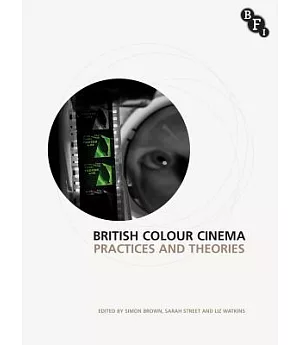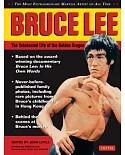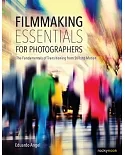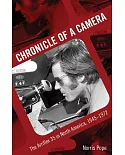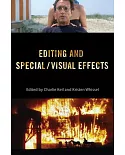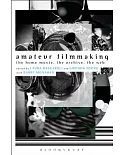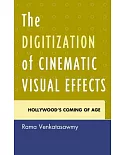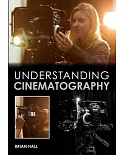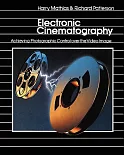British Colour Cinema: Practices and Theories is one of the outcomes of a major research project on colour and British cinema. This project was one of the last opportunities to gain an
insight from surviving practitioners who worked with film colour in one of the most fascinating periods of its history. Created as a companion volume to a major history of colour in British
Cinema (Colour Films in Britain: The Negotiation of Innovation 1900–55, by Sarah Street),British Colour Cinema is based on a series of interviews with practitioners who worked
in the UK with Technicolor and/or Eastmancolor during the 1930s–50s.
The book charts a significant period of film history, when working with colour was both difficult and expensive, and frequently involved experimentation of the highest degree. Adjusting to
new systems required ingenuity and resourcefulness. The practitioners featured in the book provide a rich resource of experience and reflection on these challenges. Simon Brown, Sarah Street
and Liz Watkins talk to specialists renowned for their innovative work with film colour, who provide first-hand accounts of working with major directors, including Michael Powell and John
Huston, and with celebrated art directors and special effects teams.
Many of the films discussed have acquired special interest in recent years with the advent of DVD and the restoration of many colour film classics. In recognition of this development, the
book’s final section also features interviews with those involved in film preservation and restoration, and asks ethical questions concerning how best to prepare new prints for today’s
audiences.

